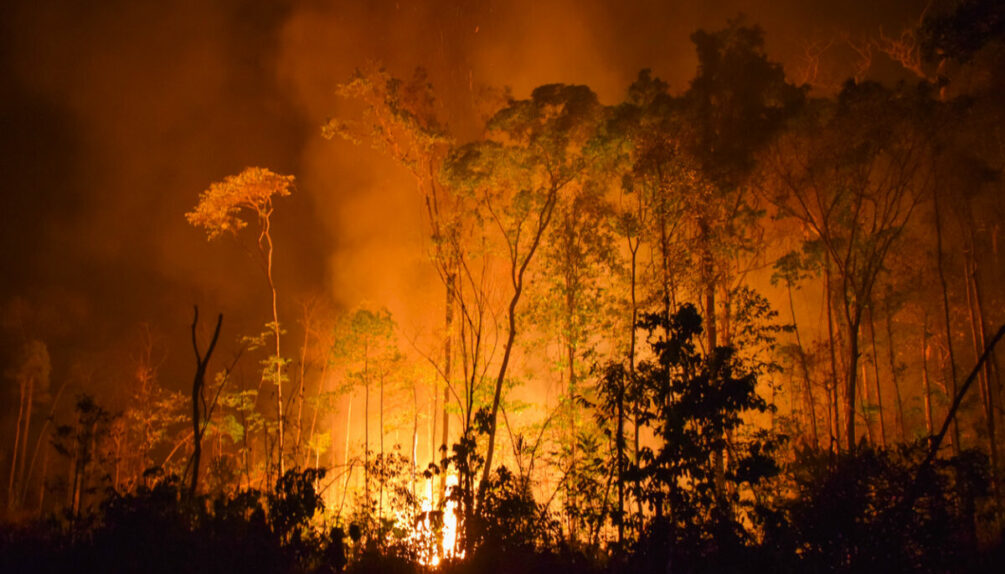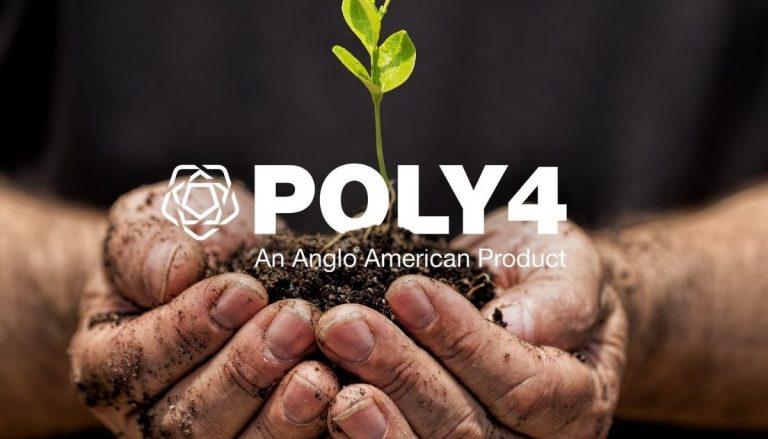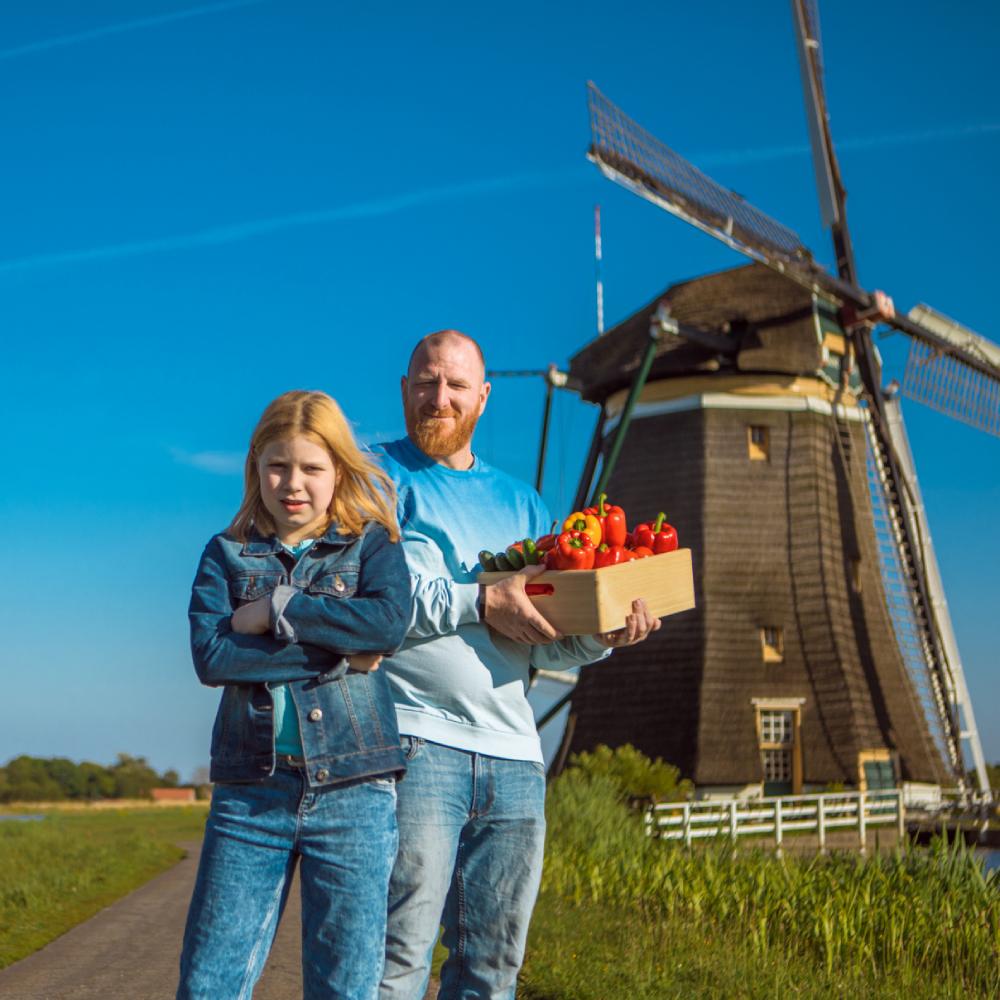Good Food Institute Europe urges investment in plant-based and cultivated meat following IPCC report

Governments must invest in “new ways of making meat” if they are serious about addressing the climate crisis, the Good Food Institute Europe has said.
The comment follows the latest report published by the Intergovernmental Panel on Climate Change (IPCC), which has widely been regarded as its most damning yet.
The world is not at all on track to keep global temperature rises below 2°C – the number agreed upon by the signatories of the 2015 Paris Climate Agreement – the report revealed, with fossil fuel, food and agriculture three of the biggest action points.
The severity of the impact food and agriculture has on the planet means redesigning such systems could be promising. The IPCC report shows “high confidence” that changes to global food systems could positively impact the climate crisis.
Integrated policy packages that include the encouragement of plant protein-based diets and the introduction of emerging food technologies have particular potential, it said. As a result, the Good Food Institute Europe is urging governments around the world to promote a plant-based diet and invest more into technologies like cultivated meat and fermentation
These emerging technologies “promise substantial reductions in direct greenhouse gas emissions from food production,” according to the report.
Good Food Institute Europe Science and Technology Manager, Seren Kell, said: “As global demand for meat continues to grow, the world’s top scientists have recognised plant-based and cultivated meat as part of the solution.
“Particularly in Europe and the Global North, where meat consumption remains unsustainably high, governments must invest in these new ways of making meat, which require far less land and water, and cause a fraction of the emissions of conventional meat production.
“Public funding for open-access research is crucial to enable plant-based and cultivated meat to compete with conventional animal products on taste and price, making sustainable choices easy for consumers.”
Several countries are already putting extensive money behind plant-based innovation. Denmark is pledging DKK 1.25 billion towards plant-based research and production, and a further DKK 675 million into bringing these technologies to market.
While the IPCC report states that “the greatest shift potential [to mitigate climate change] would come from switching to plant-based diets,” it still expects demand for traditionally reared and produced meat to grow by 14% by 2029.
Cultivated meat has a chance to stem this need. While still in its relative infancy, the report cited a paper co-written by Good Food Institute Israel scientist Tom Ben-Arye, concluding cultivated meat offers “lower land, water, and nutrient footprints, and address concerns over animal welfare”.
Where animal protein is still produced and relied upon, the report says farming practices needed to be transformed. “Semi-natural pastures…can support biodiversity,” it states, adding, “the use of crop residues and food waste can provide human-edible food with lower demands for cropland.”
Practices like agroforestry, intercropping, organic inputs, cover crops and rotational grazing are also all preferable, the IPCC says, as these can provide “mitigation and support adaption to climate change via food security, livelihoods, biodiversity and health co-benefits”.
Crucially, despite the fact intensive farming could help the response to growing food security concerns, the report notes that it does not believe the short-term benefits are worth the long-term risks to biodiversity and environment.
While the warnings are stark, IPCC Chair Hoesung Lee offered a message of tentative hope during a press conference: “The IPCC report before us is powerful evidence that we have the potential to mitigate climate change.
“This is the time for action – we have the tools and know-how required to limit warming and secure a liveable future.”







